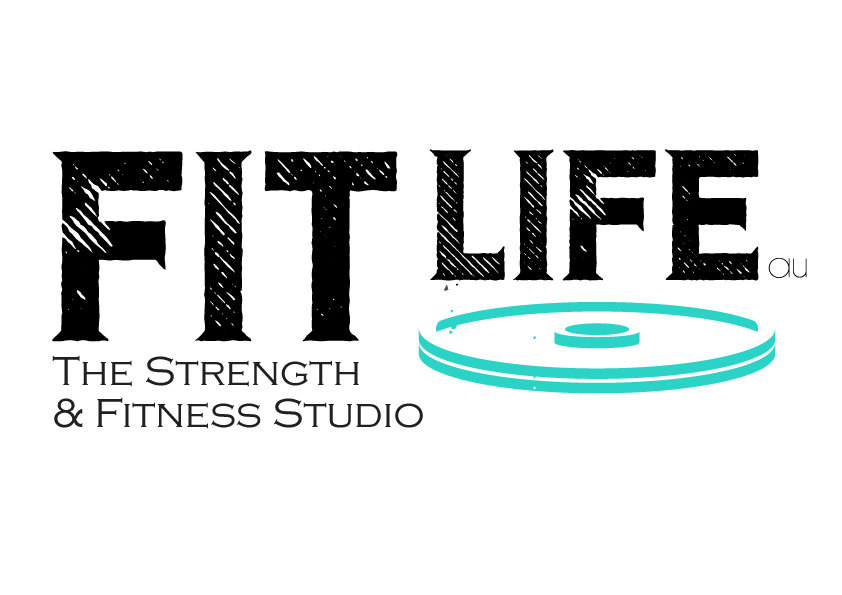When we exercise, whether it be weight lifting, high intensity training, cardio, or anything else, we are placing our muscles, bones and joints under stress. This stress causes microscopic tears to form in the muscles and connective tissue. During the recovery phase, a healing process occurs which rebuilds the muscle so that it is stronger to avoid this damage occurring again in the future. A similar repair process happens in our bones and joints. This is called ‘adaptation’.
Adaptation can only occur during the recovery phase. If we continuously place our body under stress without resting, our muscles, bones and joints don’t have a chance to repair themselves which means that they can never grow stronger or adapt to the training. The lack of adaptation places us at greater risk of injury and prevents us from achieving our strength, endurance or body composition goals.
Does this mean that you cannot do some form of exercise every day? Not necessarily! You need to ensure that the muscles you have trained have time to adapt. This may be done by undertaking a ‘split’ weight training program (e.g. targeting different muscle groups on each day), or by training different aspects of fitness each day (e.g. weight-training, cardio, stretching/yoga, Pilates, boxing, etc.). It is important that you allow 24-48hours for a muscle group to recover and repair itself. You may also add ‘active recovery’ days into your program. Active recovery allows you to continue being active but at a much lower intensity, for example, an active recovery day may include any combination of walking, yoga, stretching, rolling/massage, mobility exercises, etc. 1-2 days of complete rest is also beneficial. The best thing to do is to listen to your body, if you are feeling fatigued and/or sore, then rest, even if it is not scheduled in your program for that day! You should never feel guilty for allowing your body to repair and recover because this is how you get results!
Sleep, food and hydration are also integral aspects of recovery. For more information regarding healthy eating principles, visit the Australian Eat For Health website or book an appointment with an accredited dietician, we recommend EatSense.

